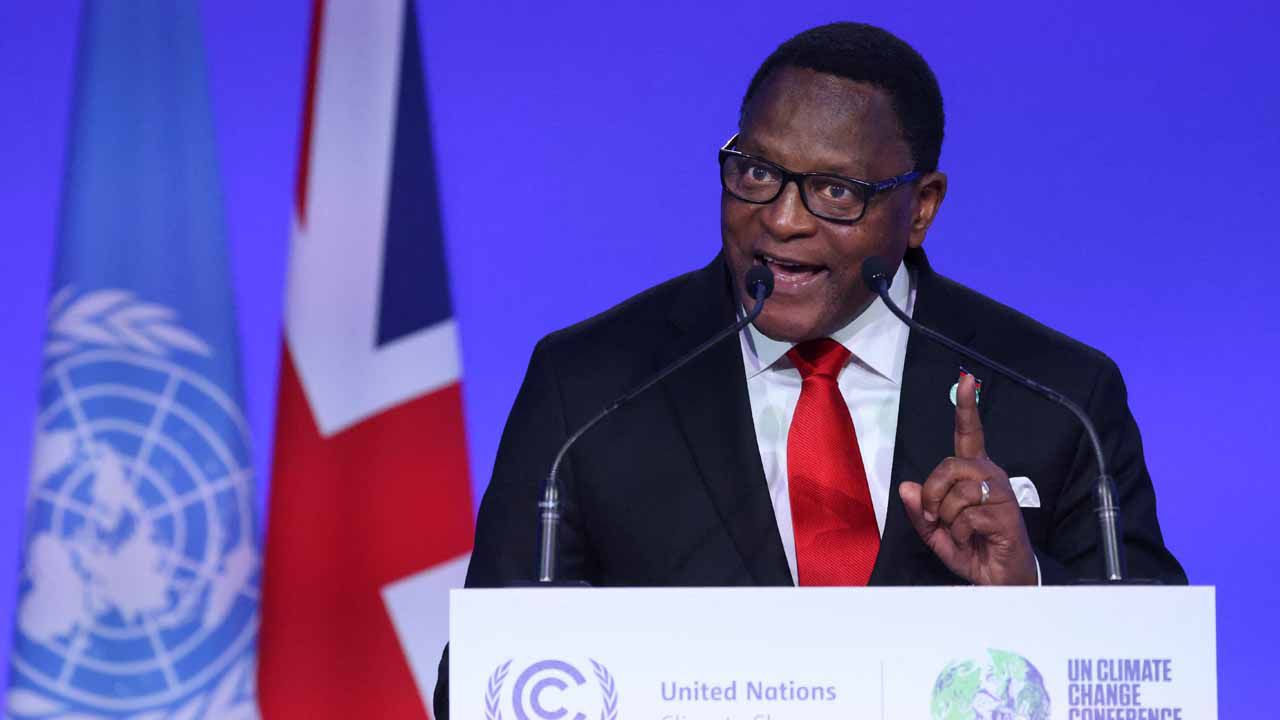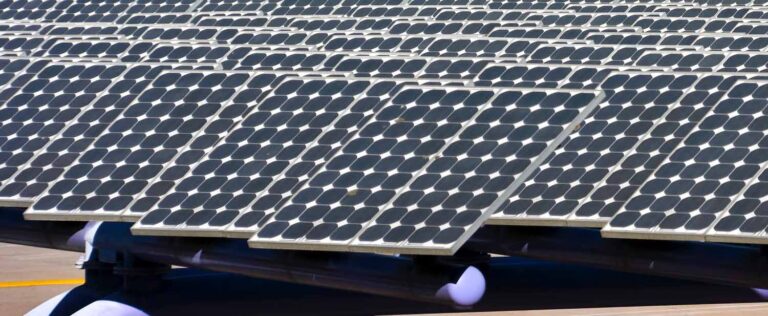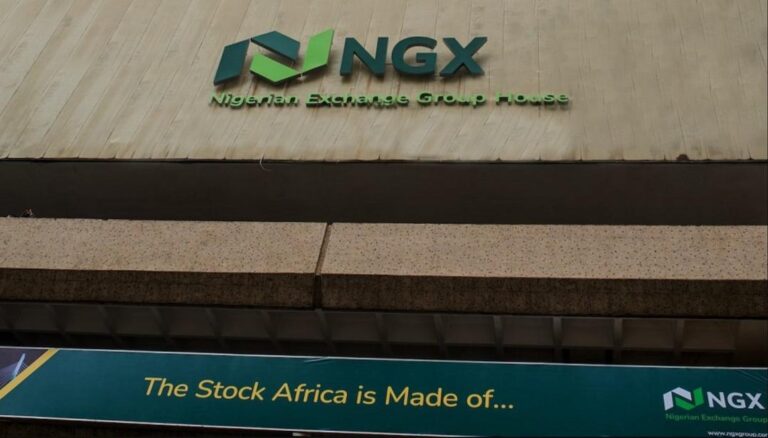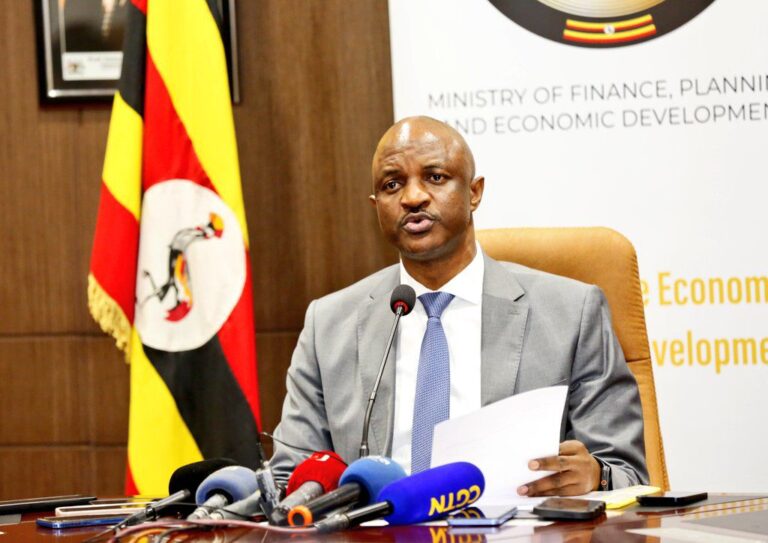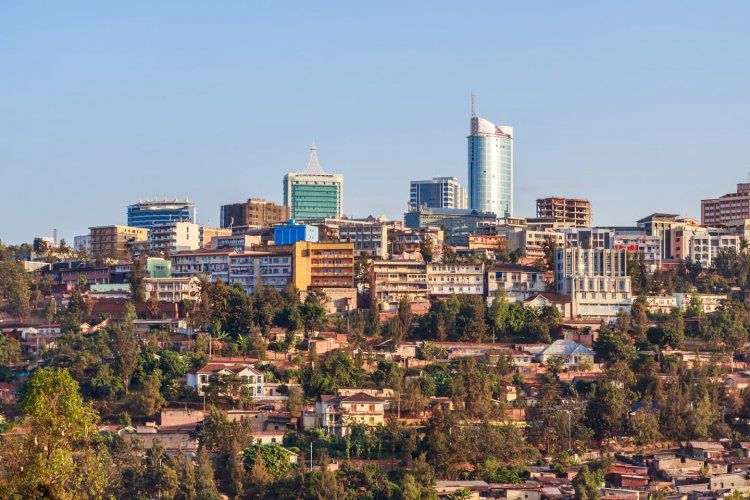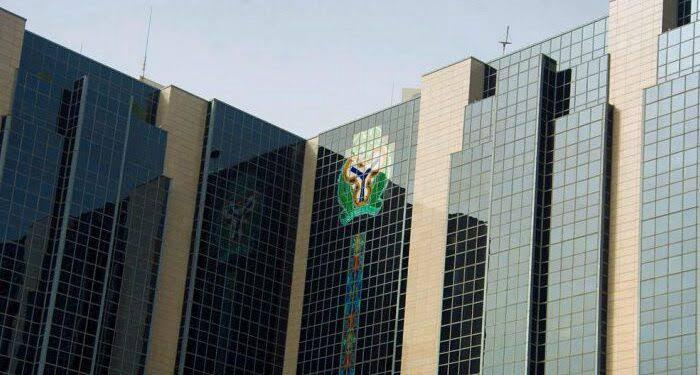Current President Lazarus Chakwera on Wednesday conceded defeat in Malawi’s presidential election, ahead of the official results announcement. He stated that his rival, former President Peter Mutharika, has secured an “insurmountable lead” based on partial results.
Mutharika, who previously served from 2014 to 2020, is the presumptive winner and is on course to return to office.
The concession follows a tightly contested election, which has been dominated by concerns over Malawi’s ongoing economic crisis, including high inflation and shortages of food and fuel.
Chakwera’s victory in 2020 came after the country’s top court nullified Mutharika’s win in the 2019 election due to widespread irregularities. This time, Chakwera said his decision to concede was out of respect for the will of the Malawian people and the constitution.
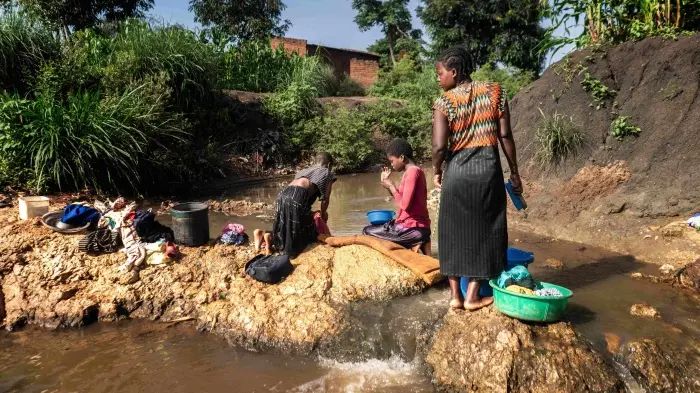
Malawi is one of the world’s poorest countries, and its economy has been in a deep crisis marked by high inflation (above 30%), severe fuel and foreign exchange shortages, and declining living standards.
More than 70% of Malawians live on less than $2.15 per day. The economy is heavily dependent on agriculture, making it vulnerable to climate shocks like the recent droughts and cyclones.

Chakwera came to power on an anti-corruption platform following the nullification of the 2019 election. However, his administration has been criticized for not effectively tackling corruption and for appointing relatives to cabinet positions, which fueled public frustration.
In Malawi foreign exchange crisis is a major driver of inflation. As the cost of imported goods rises, it drives up prices across the board.
The lack of foreign currency to import fuel directly led to fuel shortages, leading to long queues at gas stations and disrupting transportation. This, in turn, increases the cost of public transport and the price of goods as transport costs rise.
In 2019 Malawi’s foreign exchange reserves was at $924.6 million, then it plummeted to $201 million in 2023 and $149 million in 2024.
In 2025 it’s projected to be $118 million, an extremely low projection, covering only 0.3 months of imports, far below the internationally recommended three months of import cover needed for economic stability.




